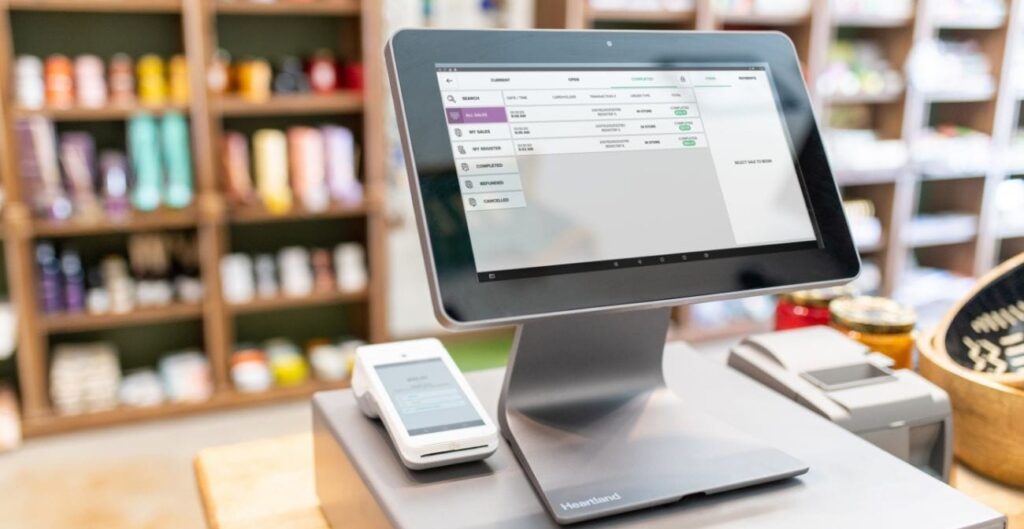Managing Employee Permissions in POS Systems: A Smart Way to Secure Your Business

In any business that uses a Point of Sale (POS) system—whether it’s a retail store, restaurant, or gym—employees interact with the system every day. But not every employee needs access to every feature. That’s where managing employee permissions becomes crucial.
Setting up employee permissions in your POS system is more than just about limiting access. It’s a proactive approach to protect sensitive information, reduce mistakes, and increase accountability. In this blog, we’ll explore why managing employee permissions matters and how to do it effectively.
Why Are Employee Permissions Important in a POS System?
When every employee has full access to your POS, you’re risking more than just a few accidental button clicks. Without restrictions, employees may:
- Void or delete transactions without approval
- Change prices or apply unauthorized discounts
- Access sales reports or customer data
- Manipulate inventory or time clock entries
- Cause accounting inconsistencies—either unintentionally or deliberately
By assigning specific roles and permissions, you create a secure environment where employees can only access what they need to perform their job duties.
Benefits of Setting Employee Permissions
1. Improved Security
Restricting access to sensitive areas like financial reports, admin settings, or refund functions protects your business from internal theft or fraud. It also ensures only trusted individuals can access critical features.
2. Better Accountability
When every action within the POS is linked to a user profile, it’s easy to track who did what and when. This promotes responsibility and helps resolve issues quickly if something goes wrong.
3. Fewer Errors
Limiting permissions reduces the chance of accidental mistakes—such as employees issuing a refund incorrectly or modifying inventory counts without knowing the process.
4. Efficient Workflow
Employees only see what’s relevant to their role, making the POS interface simpler and easier to use. This boosts productivity and reduces training time.
5. Data Privacy Compliance
For businesses that handle customer information, controlling employee access helps stay compliant with data privacy laws like GDPR or PCI-DSS.
Common POS Roles and Their Permissions
Most POS systems allow you to create user roles with customized access. Here are a few common roles:
- Cashier: Can process sales, issue receipts, and accept payments. Limited access to settings or reports.
- Shift Supervisor: Can perform voids, issue refunds, and override discounts. May view shift reports and manage basic inventory.
- Manager: Full access to reporting, inventory, employee management, and system settings.
- Admin/Owner: Top-level access to all data and configuration settings.
Some POS systems also allow for custom roles, so you can tailor permissions based on your specific business needs.
Best Practices for Managing Employee Permissions
- Use Unique Login Credentials
Each employee should have their own login or PIN. Avoid shared accounts, as they make it hard to track individual actions. - Set Roles Based on Job Functions
Create clear user roles (e.g., cashier, manager) and assign permissions relevant to their tasks. - Regularly Review Access Levels
As your business evolves, you might need to change permissions. Revisit your settings quarterly or whenever roles change. - Monitor Activity Logs
Most POS systems have audit logs that show who accessed what. Use these to monitor suspicious activity or to identify training needs. - Train Employees on Permissions
Explain to staff why certain permissions are restricted and how to escalate requests when they need access to something.
POS Systems with Strong Permission Controls
Modern POS platforms like Square, Clover, Lightspeed, and Toast offer flexible permission management features. They allow you to:
- Set role-based permissions
- Create individual user accounts
- Track employee activity
- Customize access to functions like discounts, refunds, and reports
These tools help you maintain control without micromanaging every transaction.
Final Thoughts
Managing employee permissions in your POS system isn’t just a security measure—it’s a way to run a smarter, more efficient business. With the right setup, you can prevent internal errors, protect sensitive information, and create a workplace that promotes trust and accountability.






